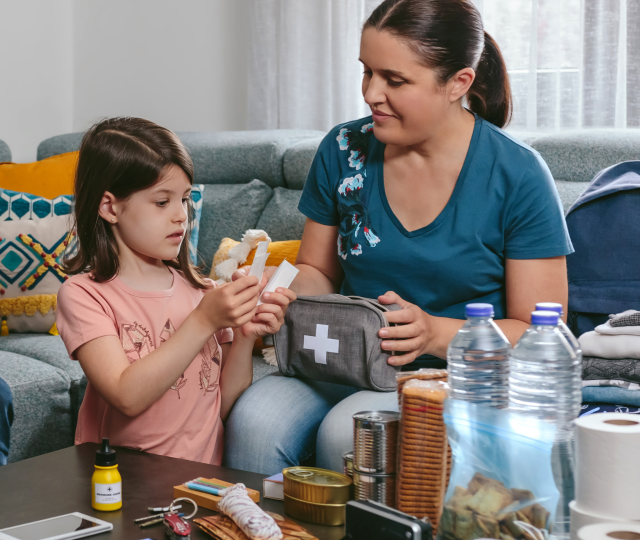Key information
Take action so that you and your family are prepared for emergencies. Follow a few simple rules – know the risks, make a plan, and prepare a basic survival kit for you and your family.
- Disasters and Public Health Threats (HealthLink BC) - Information on how you can prepare, health threats in your community, disease transmission, steps to get organized and evacuation preparation
- Educational resources: Emergency Events (HEMBC) - Information and videos on how to stay safe during emergency events
- Natural Disasters & Emergencies - Information on how you can prepare for certain emergencies and view current advisories














